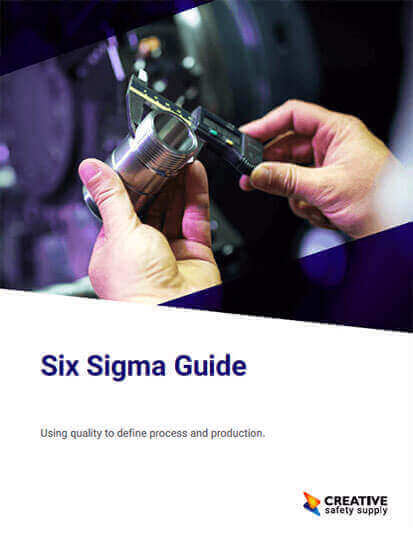The Process Capability Index, or Cpk, is a vital statistical tool used in quality control and process management. It measures a process's ability to produce output within specified limits. Understanding Cpk is crucial for industries committed to maintaining high quality and consistency in their products or services.
Formula and Calculation
The formula for Cpk is given by:
CPK = Min [(USL- Mean)/3σ, (Mean-LSL)/3σ]
Where USL is the Upper Specification Limit, LSL is the Lower Specification Limit, LSL is the process mean, and Mean is the standard deviation. The calculator provided simplifies this computation. Users input the USL, LSL, mean, and standard deviation, and the calculator processes these values to output the Cpk.
How to Use the Calculator
Using the calculator involves entering the Lower Specification Limit (LSL), Upper Specification Limit (USL), Mean (X̄), and Standard Deviation (σ) into their respective fields. Once these values are inputted, clicking the "Calculate Cpk" button will compute and display the Cpk value.
Interpreting the Results
The Cpk index indicates how well a process is performing. A higher Cpk value suggests a process is more capable of producing output within the specification limits. Generally, a Cpk of 1.33 or higher is considered good, indicating that the process is capable and well-centered within the limits.
Importance in Quality Control
Cpk is essential in quality control as it provides a quantifiable measure of a process's capability. It helps in identifying processes that need improvement and ensures that the output meets quality standards.
Conclusion
The Process Capability Index Calculator is an invaluable tool for professionals in quality management and production. It offers a straightforward way to calculate Cpk, enabling users to assess and enhance process efficiency and quality. Understanding and effectively utilizing this tool can lead to significant improvements in product quality and consistency.

